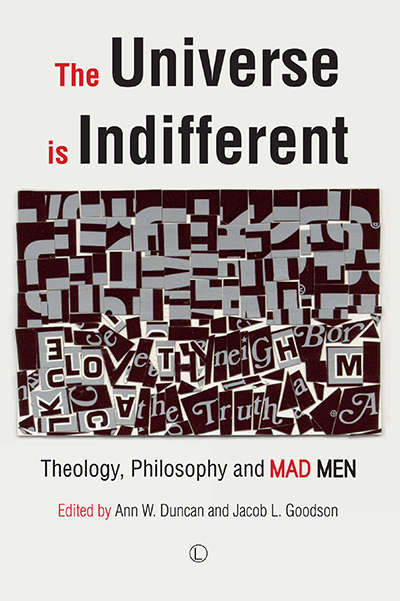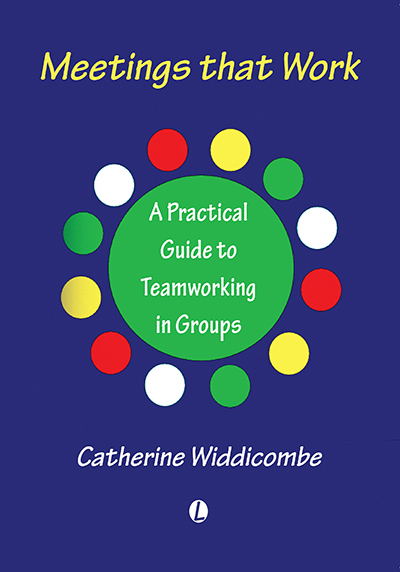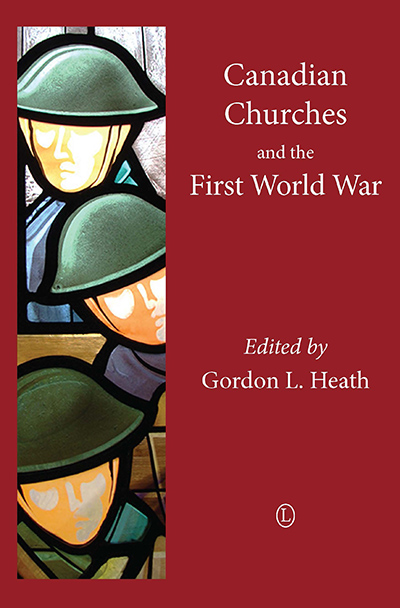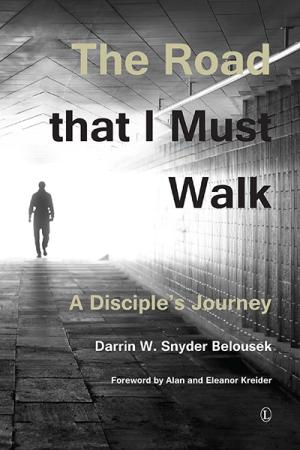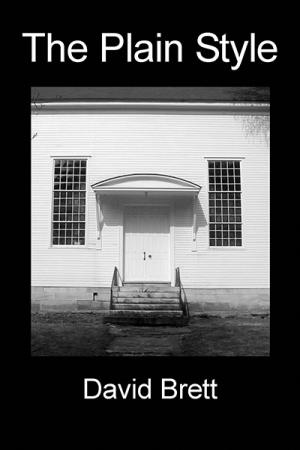Description
Centred on the lives of the employees at a Manhattan advertising firm, the television series Mad Men touches on the advertising world’s unique interests in consumerist culture, materialistic desire, and the role of deception in Western capitalism. While this essay collection has a decidedly socio-historical focus, the authors use this as the starting point for philosophical, religious, and theological reflection, showing how Mad Men reveals deep truths concerning the social trends of the 1960s and deserves a significant amount of scholarly consideration. Going beyond mere reflection, the authors make deeper inquiries into what these trends say about American cultural habits, the business world within Western capitalism, and the rapid social changes that occurred during this period. From the staid and conventional early seasons to the war, assassinations, riots, and counterculture of later seasons, The Universe is Indifferent shows how social change underpins the interpersonal dramas of the characters in Mad Men.
About the Author
Ann W. Duncan (PhD, University of Virginia) is Associate Professor of Religion at Goucher College in Baltimore, Maryland. She is the co-editor of Church-State Issues in America Today (2007).
Jacob L. Goodson (PhD, University of Virginia) is Assistant Professor of Philosophy at Southwestern College in Winfield, Kansas. He is the author of Narrative Theology and the Hermeneutical Virtues: Humility, Patience, Prudence (2015).
Contents
Acknowledgments
Introduction
Ann W. Duncan and Jacob L. Goodson
Part 1: Business Ethics
1. “It’s the Real Thing”: Identity and Sincerity in Mad Men
Howard Pickett
2. The Business of Creativity: From SCDP to the Modern Creative Enterprise
Jennifer Phillips
3. Mad Manners: Courtesy, Conflict, and Social Change
Sarah Conrad Sours
4. “All the Research Points to the Fact that Mothers Feel Guilty”: Maternal Desire and the Social Construction of Motherhood
in Mad Men
Ann W. Duncan
5. Supporting this World’s Ballerinas: Learning from Mad Men’s Female Workers
Kristen Deede Johnson
6. “If I don’t go in that office every day, who am I?”: Culture, Identity, and Work in Mad Men
David Matzko McCarthy
Part 2: Who is Don Draper
7. Counterculture Beatrices? Don Meets Dante
Gabriel Haley
8. “Moving Forward” as Return: The Redemptive Journey of Don Draper
Jackson Lashier
9. “You Are Okay”: Donsein‘s Despair and Our Road to Recovery
Seth Vannatta
10. Don Draper, Double Consciousness, and the Invisibility of Blackness
Nsenga K. Burton
11. The Erotic Reduction of Don Draper: Iconicity, Idolatry, and Madness
Carole L. Baker
Part 3: Politics and Social Theory
12. Zou Bisou Bisou: Feminist Philosophy and Sexual Ethics in Mad Men
Jacob L. Goodson
13. Exitus et Reditus in Marriage: Mad Men vs. Hollywood Remarriage Comedies
Brandon L. Morgan and Jonathan Tran
14. Uneasy Bedfellows: On Pete and Trudy’s Marriage
Matthew Emile Vaughan and Christopher J. Ashley
15. Mad Men, Bad Parents: Representations of Parenting in Mad Men
Susan E. Frekko
16. “I Can’t Believe That’s the Way God Is”: Sexism, Sin, and Clericalism in Peggy’s Pre-Vatican II Catholicism
Heidi Schlumpf
17. “We Don’t Know What’s Really Going On”: Mad Men as a Bellwether of the Politics to Come
Jared D. Larson
Contributors
Subject Index
Author Index
Episode Index
Endorsements and Reviews
This exciting volume joins the growing scholarly chorus calling us to take popular culture seriously – artistically and politically, to be sure, but more daringly as vernacular philosophy and theology. In Mad Men this volume strikes gold, which its authors mine with skill, humour, and great insight. It’s a book that belongs on the shelf of every student of religion and popular culture.
Matthew S. Hedstrom, Associate Professor, Religious Studies and American Studies, Director of Graduate Studies, Department of Religious Studies, University of Virginia
Duncan and Goodson have assembled a brilliant collection of essays that combine keen theological and philosophical insight into Mad Men. This book is a rare combination of outstanding scholarship and delightful reading. Of course, it’s about Mad Men, but it’s also about God, love, relationships, work, ethics, and life in the modern world. It is, in short, about everything that matters.
David O’Hara, Associate Professor of Philosophy and Classics, Chair of the Department of Religion, Philosophy, and Classics, Augustana University

